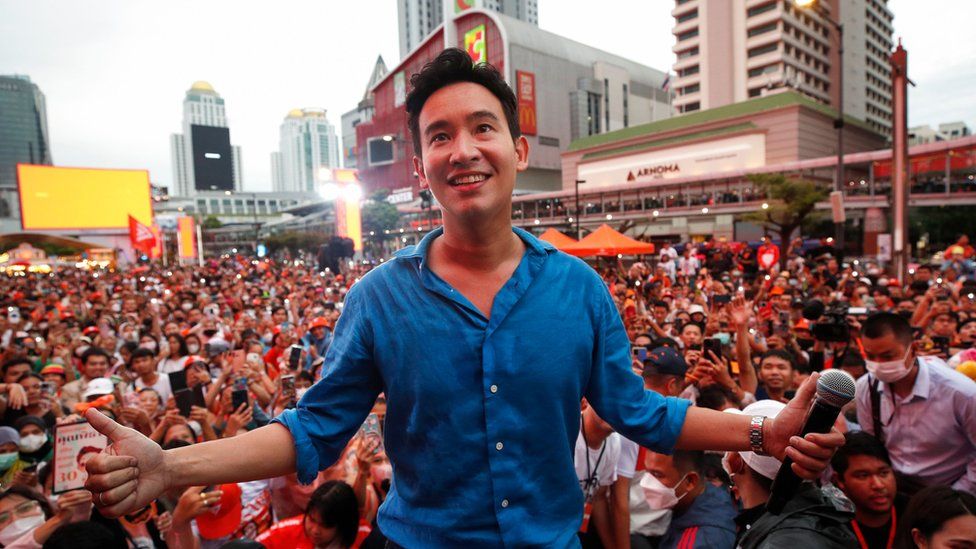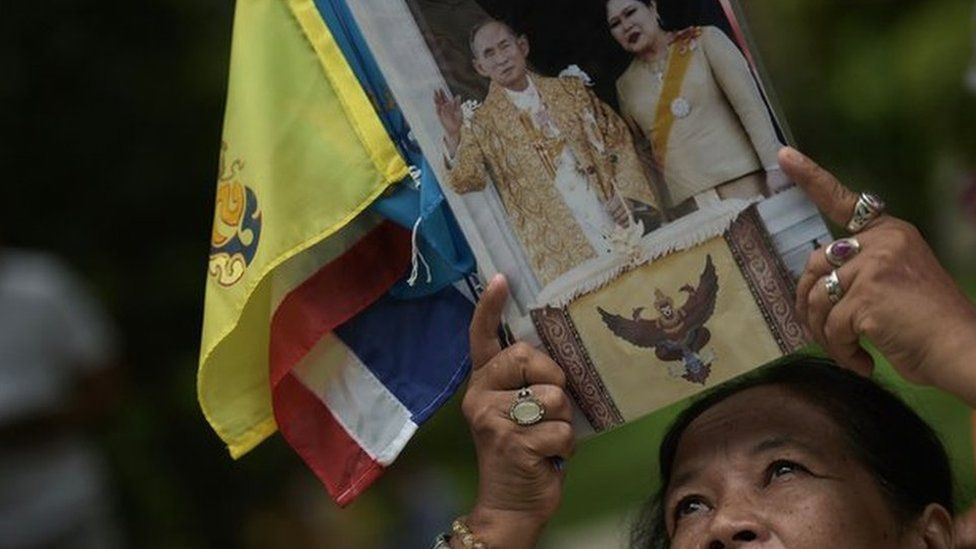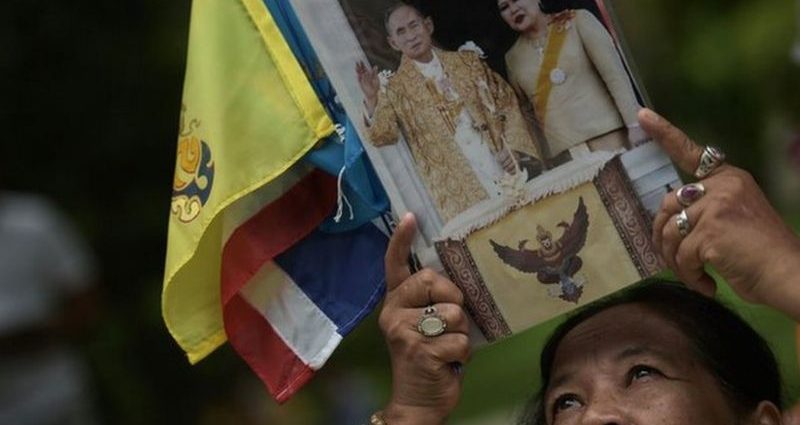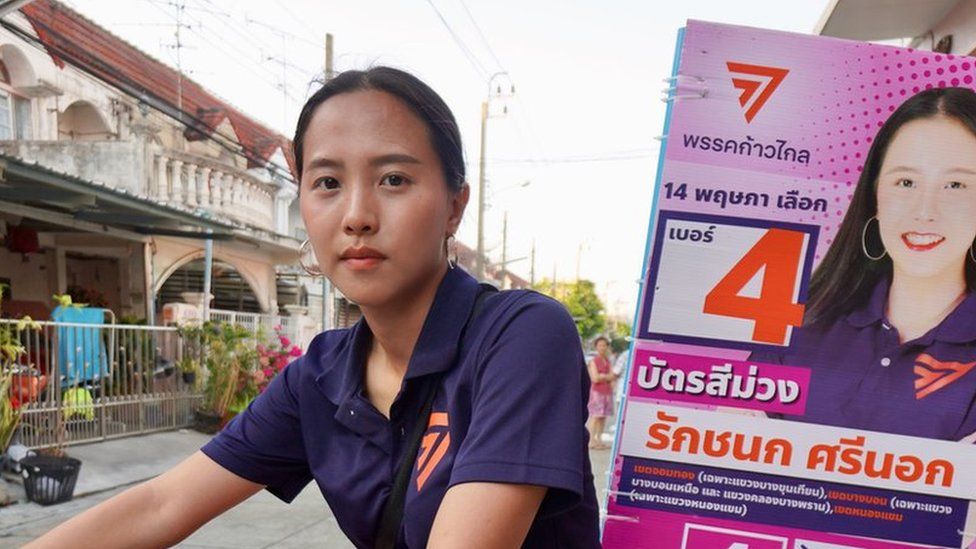
The reformist winner of Thailand’s elections in May faces an uncertain vote as he runs for prime minister at the opening of parliament.
Pita Limjaroenrat swept to victory as voters’ rejected conservative military rule that had been in place since a coup in 2014.
But he needs the support of lawmakers appointed by the same military leaders to secure a majority.
Mr Pita also faces last-minute legal challenges which could disqualify him.
His alliance has 312 votes, which is 64 short of the 376 votes required to be elected prime minister.
Apart from the votes he would need, Mr Pita appeared to face another blow to his ambitions on Wednesday when Thailand’s notoriously conservative Constitutional Court accepted a recommendation from the Election Commission that he be disqualified.
The court says it is now assessing two complaints against the Move Forward leader; one that he holds shares in a media company – although that company has not functioned for 15 years.
The other that Move Forward’s proposal to amend the draconian royal defamation law, which has jailed hundreds of critics of the monarchy, amounts to an attempt to overthrow Thailand’s entire political order.
It is unclear when the Constitutional Court will deliberate on the case, but technically, under Thailand’s laws, Mr Pita can still become prime minister even if he is removed from parliament.
The 42-year-old Harvard graduate and former tech executive has led throngs of orange-clad supporters in big rallies across the country ahead of Thursday’s parliamentary vote.
“I don’t know how long we will have to wait before the golden chance of 13 July will come again,” Mr Pita said at a Sunday rally outside one the biggest shopping malls in the capital, Bangkok.
Ahead of Thursday’s parliament session, outgoing Prime Minister Prayuth Chan-ocha announced his retirement from politics after leading the South East Asian nation for nine years.
Mr Prayuth was the army chief who carried out the 2014 coup to oust the country’s civilian leaders who were accused of massive corruption. It was Thailand’s second military uprising since 2006 and in both instances, a member of the powerful Shinawatra political dynasty was removed from power.
In fact, one of the largest blocs in Mr Pita’s coalition is led by Paetongtarn Shinawatra, daughter of exiled former prime minister, Thaksin Shinawatra.
The decades-old lese majeste laws, which can land people in jail for speaking against the monarchy, were strictly enforced under Mr Prayuth’s leadership and critics said this was used to crush free speech.
During his term, people have been jailed for selling calendars with satirical images of ducks and dressing up like the country’s queen.
Mr Pita described Mr Prayuth’s term as Thailand’s “lost decade” and has promised to end the country’s cycle of corruption and military uprisings. He pledged reforms that would “demilitarise, demonopolise and decentralise” the country.
One of his most contentious campaign promises is to amend the lese majeste laws, which will prove difficult as the monarchy is highly regarded by Thais.
-
-
6 October 2017

-


